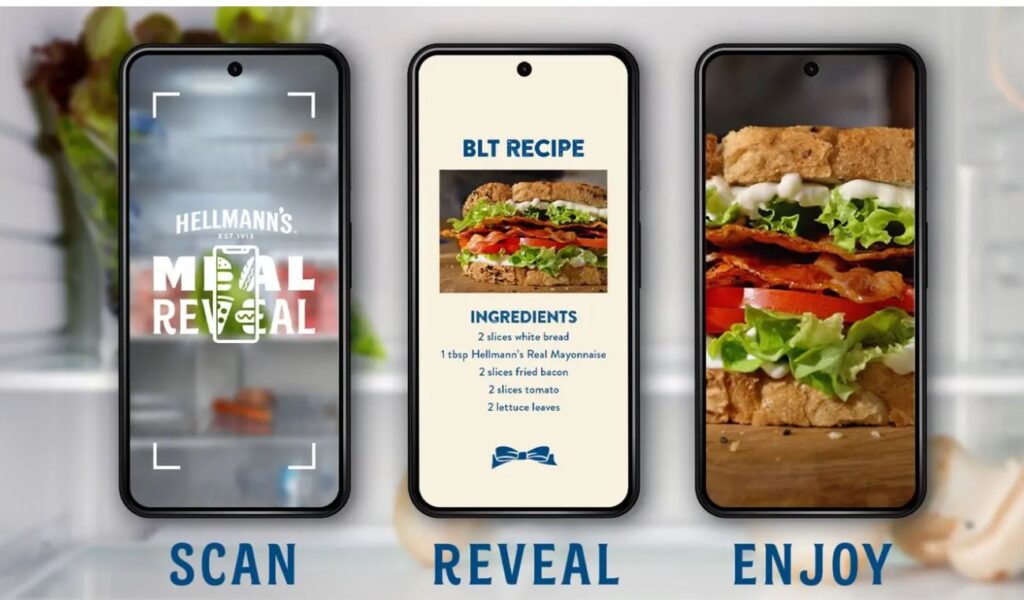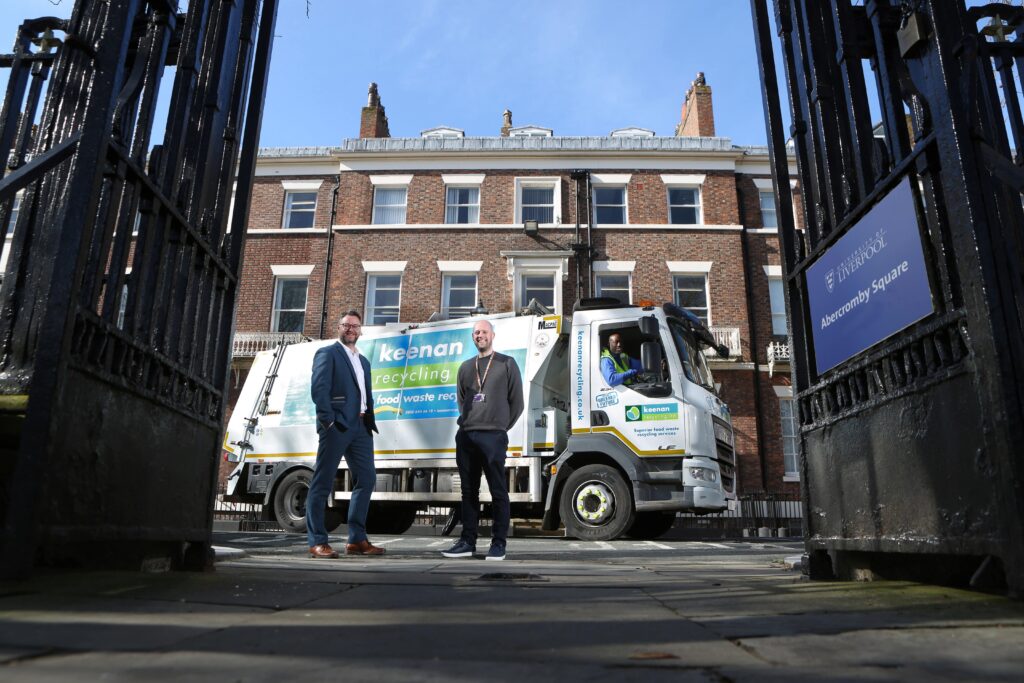The Green Recycling of Organic Waste from Supermarkets (GROWS) project is a partnership initiative between Sainsbury’s and Waitrose which collects organic waste from 27 stores in the West Berkshire area. The supermarkets set up the scheme in a bid to deliver a commercially viable means of converting source-separated waste into compost.
The scheme has proved to be successful with both Sainsbury's and Waitrose wanting to expand it in terms of stores included and produce used for composting. Somerfield is also thought to be interested in getting involved with the project and a trial has started which sees bread included in the compostable material.
The 12-month GROWS project is being funded by Biffaward through the Landfill Tax Credit Scheme and is being managed by the Organic Resource Agency (ORA).
Under the scheme, fruit, vegetables and cut flowers with their wrappings removed are sorted on-site at the supermarkets. Once the material has been sorted it is placed in 240 litre bins by members of staff. The bins are then collected on a weekly basis by Biffa.
The organic waste is taken to Sheepdrove Organic Farm, Lambourne, West Berkshire where it is mixed with dry straw material from nearby racing stables. The material is then composted by open windrow, covered windrow and in-vessel to assess the advantages and disadvantages of each method as well as the quality of the compost each method produces. Trials are now taking place which will assess the benefit of the compost on the yield.
James McKechnie, group waste manager for Sainsbury’s, said: “The scheme was started six years ago and we know it works. At first there were concerns about vermin and wasps but we have had no problems with them. We see this scheme as being the future, but the key is landfill tax which an the moment undercuts everything and means that it is not commercially viable for supermarkets to do anything other than dump their waste in landfill. In future, farms could charge a gate fee and a waste company could provide the logistics. If the gate fee was less than landfill then supermarkets would switch to composting.”
Nick Jones, of Waitrose, said: “If we could implement this scheme in every single one of our branches nationwide we would. It is a perfect example of closed loop recycling – products we can’t sell are composted, the compost is then put on the land to improve its quality and we then buy the resulting crops.”











Subscribe for free